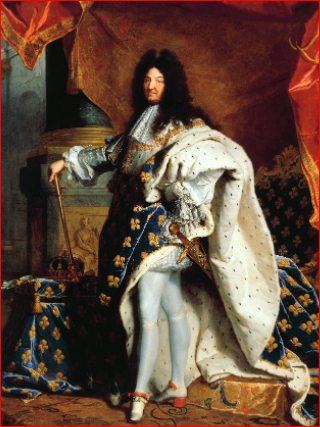Who was the world's first king?
the world’s first empire more than 4,000 years ago in Mesopotamia King Sargon of Akkad—who legend says was destined to rule—established
Akkadians had for quite some time been students of the Sumerians, whose human advancement only south of Akkad in Mesopotamia had been flourishing for a thousand years. They advanced much from the Sumerians prior to arising first as their opponents and eventually as their rulers. That interaction, wherein aggressive individuals at the edges of a laid out society turned into its lords, would be rehashed since forever ago by incredible realm manufacturers, including the Romans who vanquished Greece and the Mongols who overran China.
Before Sargon took power, the noticeable Sumerian city-territories of Ur and Uruk battled with Kish to their north, in Akkad, close to cutting edge Baghdad. Sargon started his ascent as a cupbearer to the ruler of Kish, whom he ultimately ousted. He then, at that point, drove troops against the extraordinary opponent ruler toward the south, Lugalzagesi, who instructed all of Sumer. Hatreds among Sumerian city-states might have hampered Lugalzagesi in his battle against Sargon, who caught him and set a burden around his neck. A celebratory engraving later flaunted that Sargon prevailed in 34 fights on his walk to the Persian Gulf, where he "washed his weapons in the ocean." (See how the regal burial chambers of Ur uncover Mesopotamia's brilliant quality.)
Formation of a domain
Sargon sent Akkadian lead representatives to manage Sumerian urban areas and destroy protective dividers. He left the Sumerian religion set up yet made Akkadian the authority language of all Mesopotamia. By bringing down physical and phonetic obstructions and binding together his domain, he advanced trade both inside Mesopotamia and past. A flourishing exchange with India brought.
Pharaoh Thutmose III of Egypt (1479-1425 BC)
Ashoka The Great (304-232 BC)
King Henry VIII of England (1491-1547)
King Tamerlane (1336-1405)
Attila the Hun (406-453)
King Louis XIV of France (1638-1715)
Alexander The Great (356-323 BC)
Genghis Khan (1162-1227)











Comments
Post a Comment